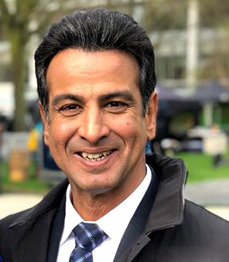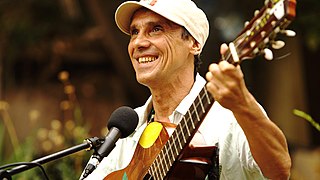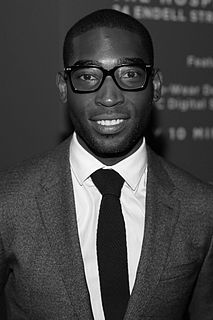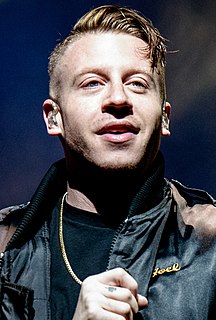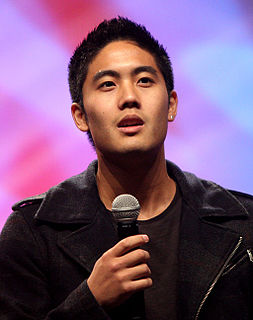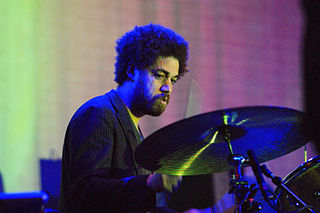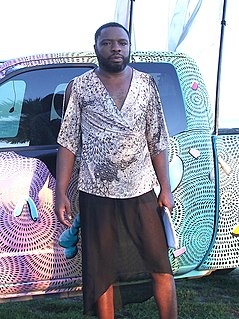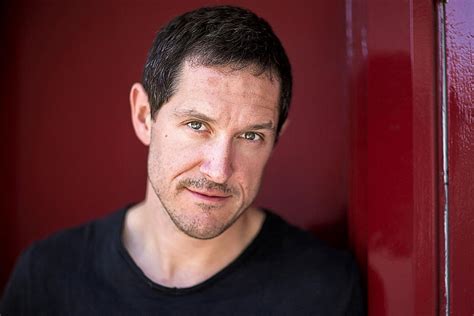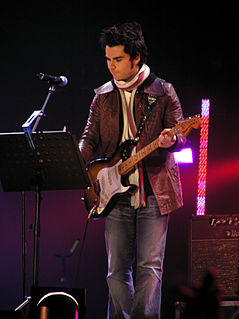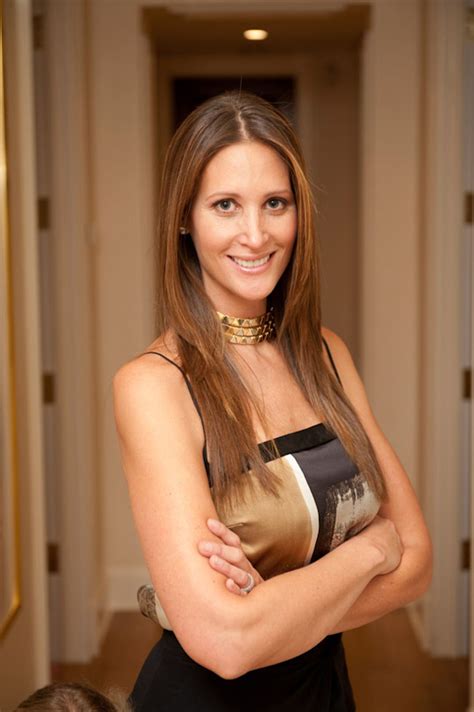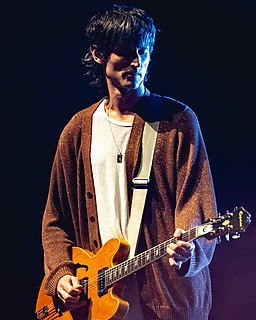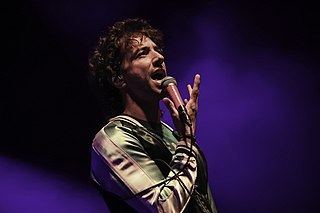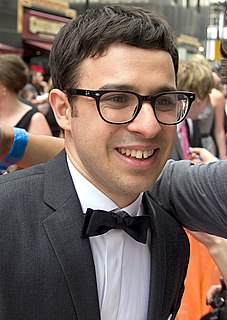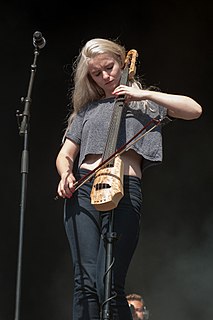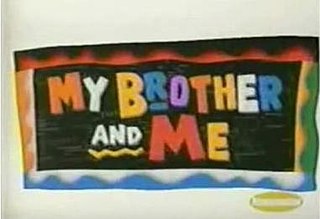Top 526 Edit Quotes & Sayings - Page 5
Explore popular Edit quotes.
Last updated on April 16, 2025.
In editing, you really face what the movie is. When you shoot it, you have this illusion that you're making the masterpieces that you're inspired by. But when you finally edit the movie, the movie is just a movie, so there is always a hint of disappointment, particularly when you see your first cut.
That's the purpose of creative stuff: when you really love what you do, you have to know at some point, or points, you're not going to be good at it. That's just the process of learning. I can edit it and try to be as perfect as I can, but I'm still going to have my vulnerable spots and my weaknesses.
